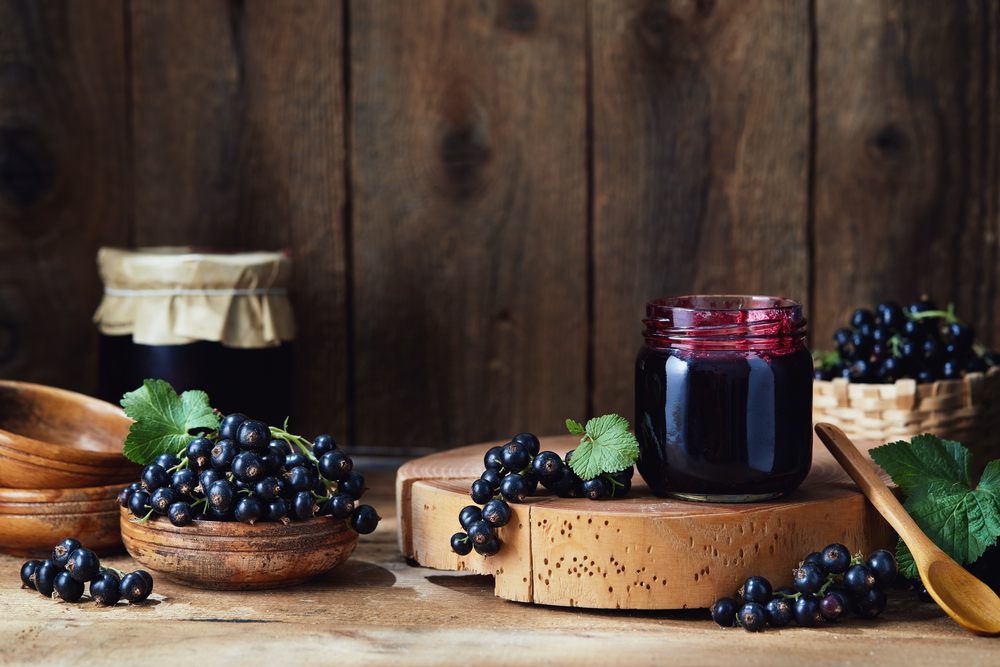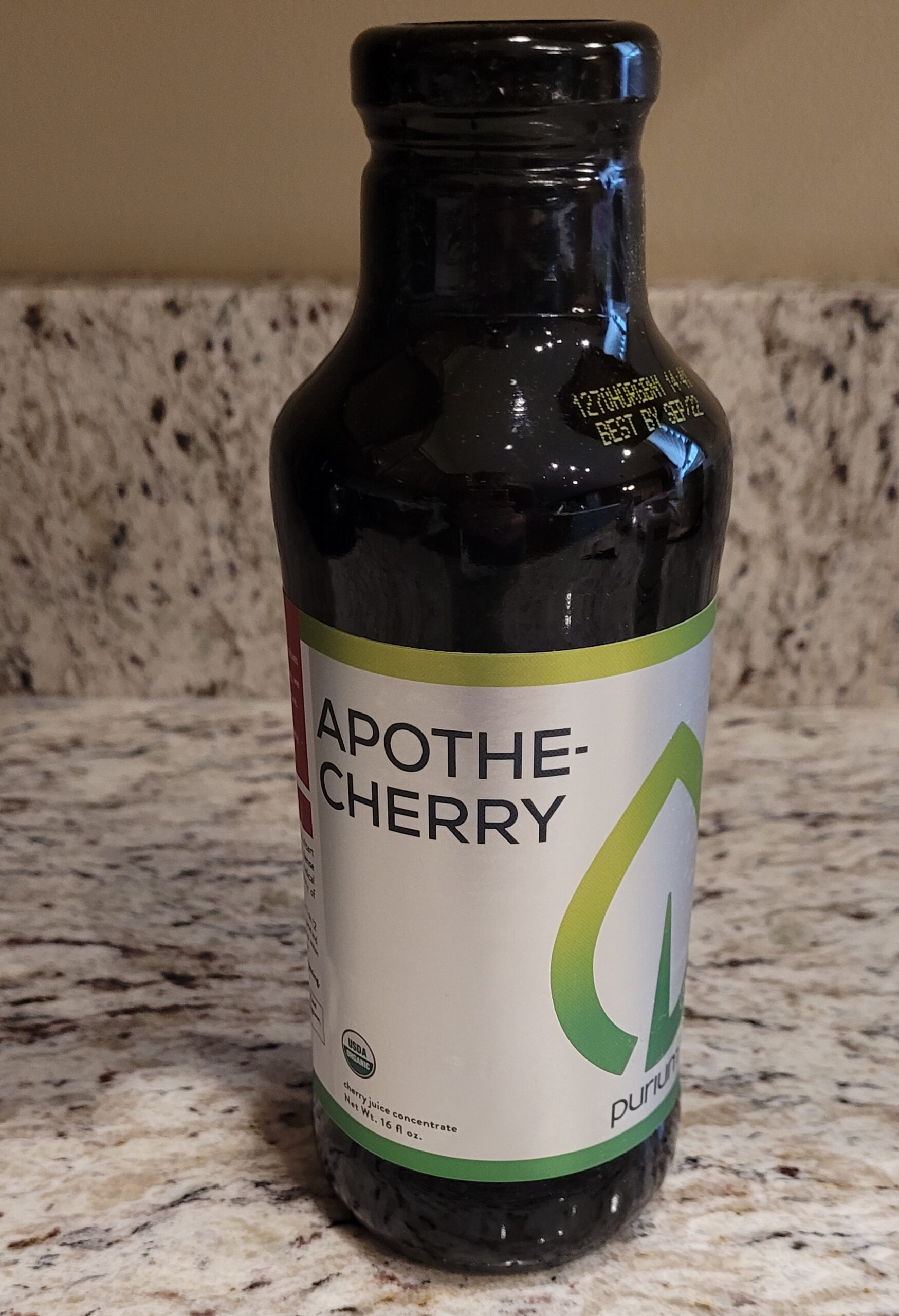Introduction to Blackcurrants
Blackcurrants, known scientifically as Ribes nigrum, are often referred to as “the forbidden fruit” within the United States due to their association with a fungus that harms white pine trees. This connection has led to the eradication of blackcurrants from many regions, depriving Americans of these nutrient-rich berries. These berries boast a high concentration of beneficial compounds such as anthocyanins, polyphenolic substances, antioxidants, vitamin C, and gamma-linolenic acid (GLA).
Popularity in the UK
In the United Kingdom, blackcurrants are a staple in health foods and beverages, prized for their tart flavor which complements other fruits in products like jams and juices.
Blackcurrant Plant Uses
The entire blackcurrant plant, from leaves to seeds, is utilized for various health conditions. Blackcurrant seed oil is the most popular derivative, but infusions and teas made from the plant’s leaves, whether fresh or dried, are also common. They consume blackcurrant to support blood flow, immune function, eye and gut health, as well as kidney health. Research indicates that blackcurrant extracts may help reduce risk factors associated with metabolic conditions, including both type 1 and 2 diabetes.
Vitamin Content
Blackcurrants are particularly rich in vitamin C, containing four times more than oranges and twice the antioxidants of blueberries. Vitamin C is crucial for metabolizing protein, forming collagen, and supporting skin care and anti-aging efforts.
Immune System and Health Benefits
The antioxidants and anthocyanins in blackcurrants can bolster the immune system, alleviate sore throats, and mitigate flu symptoms. Blackcurrant leaves are attributed with antimicrobial, anti-inflammatory, antiviral, antitoxic, antiseptic, and anticancer properties. Studies have shown that blackcurrant supplements can enhance immune responses and endurance in athletes, as well as boost the immune system in healthy older adults.
Anti-Inflammatory Effects
Blackcurrant seed oil, rich in gamma-linolenic acid (GLA), has been recognized for its anti-inflammatory effects. The high GLA and anthocyanin content can help alleviate joint or muscle pain, stiffness, soreness, and damage. Certain studies have found GLA supplements effective enough to allow individuals with rheumatoid arthritis to decrease their pain medication.
Cardiovascular Benefits
Blackcurrant juice is more potent than grape-based beverages in reducing plaque buildup. High in potassium and GLA, blackcurrants can also aid in lowering blood pressure and protecting heart cells from damage. They have been found to improve heart blood flow and reduce peripheral resistance, suggesting potential benefits for post-exercise recovery. While challenging to find in U.S. stores, the blackcurrant-based drink Ribena is widely enjoyed in the U.K.
Psoriasis and Skin Health
Although research is limited, the National Psoriasis Foundation recommends blackcurrant seed oil for mitigating psoriasis symptoms. It can be taken orally or applied directly to the skin to help with dry, itchy, or stinging sensations.
Eye Health
Clinical trials have demonstrated that blackcurrants can enhance eye function, including adaptation to darkness, blood flow to the eyes, and slowing the progression of visual field deterioration in glaucoma patients. They also help reduce visual fatigue, which is beneficial for individuals who frequently use computers.
Incorporating Blackcurrants into Your Diet
Blackcurrants can be found in various forms such as dried fruit, oils, pills, capsules, and powder. Blackcurrant berries can also be added to recipes for a tangy sweetness. Dosage recommendations vary, including capsules, fruit syrup, juice, and leaves. Substituting blackcurrants in yogurt or salad, or trying a blackcurrant jam recipe, can also be enjoyable and therapeutic.
Safety and Side Effects
Blackcurrant berries and seed oil are generally safe at recommended dosages, though they may cause mild side effects like soft stools, mild diarrhea, and intestinal gas. Due to its effect on blood clotting, blackcurrant supplements are not advised for individuals with bleeding disorders or those about to undergo surgery. The safety of dried blackcurrant leaves has not been conclusively determined, and pregnant or breastfeeding women should consult their doctor before taking any supplements, including blackcurrant.









